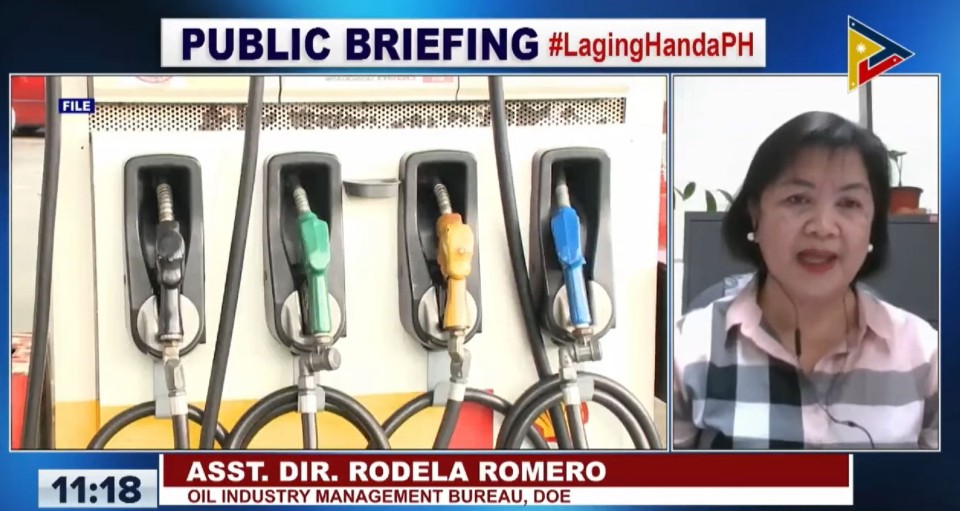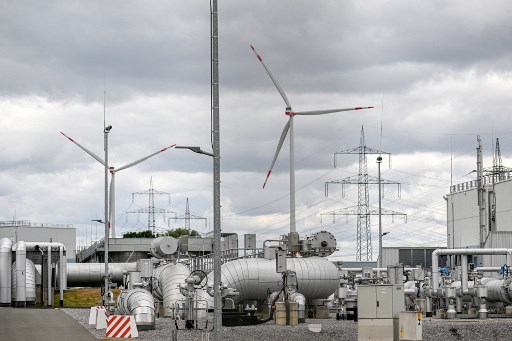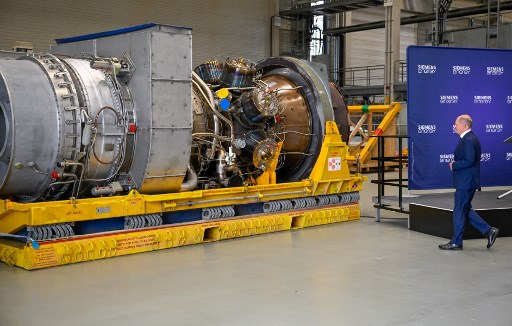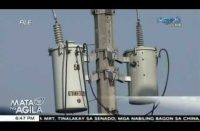More than P1/liter hike for gasoline prices expected, says DOE official; tight world supply, high global demand cited

(Eagle News) – An official of the Department of Energy said that prices of petroleum products would increase next week because of tight supply in the world market with the threat of Russian oil embargo and strong global demand.
Assistant Director Rodela Romero of the DOE’s Oil Industry Management Bureau said that as of Friday, at least a P5 increase in the prices of diesel and kerosene is inevitable, while a more than P1 hike would happen in gasoline prices.
Romero said that in the four days of trading – from Monday to Thursday, their monitoring revealed that a hefty price hike would happen in petroleum prices by Tuesday, August 30.
-2nd straight week of oil price hike-
This would be the second straight week of oil price hike, after last Tuesday’s increase of P2.60 price per liter hike in diesel and P2.80 per liter hike in kerosene prices. For gasoline, last week, August 23, prices also went up by 70 centavos per liter.
Romero said that the price hike happened after a rolbaclk of six straight weeks in gasoline prices, and seven straight weeks in diesel and kerosene prices.
“So ang sabi ng mga traders dahil bumababa ang imbentaryo ng langis sa buong mundo, ibig sabihin tumataas ang demand para dito. So with that nag-react na sila, kaya tumaas ang presyo nitong nakaraang Martes,” she said in a Laging Handa press briefing on Friday, August 26.
“Even in a week, makikita mo ang adjustment. Sa speculation lang nag-re-react na ang merkado,” she said.
Romero said the threat of tight supplies coupled with the continuing conflict between Russia and Ukraine did not help.
-Threat of Russian oil embargo affects world energy prices-
The threat of the oil embargo in Russia also contributed to the price volatility. An oil embargo meant no oil or crude could get out of Russia nor get into that country which is a major supplies of oil and gas in Europe.
Europe itself is on the verge of the cold season. This means demand for gas for heating would rise.
Petroleum products, like kerosene, and natural gas are used for heating.
-EU to convene to address energy crisis in Europe-
In Europe, the Czech prime minister said Friday the EU presidency held by his country would convene urgent talks to deal with the current energy crisis following Russia’s invasion of Ukraine.
The Czech presidency “will convene an urgent meeting of energy ministers to discuss specific emergency measures to address the energy situation,” Prime Minister Petr Fiala said on Twitter.

Approved by European Commission head Ursula von der Leyen, the move comes as the 27-nation bloc is trying to shed dependence on supplies of Russian oil and gas following the Ukraine invasion that began on February 24.
Reduced supplies and anxiety over the future have sparked rocket growth in energy prices across Europe.
Czech Industry and Trade Minister Jozef Sikela said the EU Energy Council should meet “at the earliest possible date”.
“We are in an energy war with Russia and it is damaging the whole EU,” he said on Twitter.

On Friday, Germany and France reported record electricity prices for 2023 as the year-ahead contracts jumped to 850 euros ($850) per megawatt hour in Germany and to more than 1,000 euros in France from 85 euros in both countries last year.
The European Commission is planning to cut EU dependency on Russian gas by two-thirds this year and end its reliance on Russian supplies of the fuel before 2030.
(Eagle News Service with a report from Agence France Presse)





